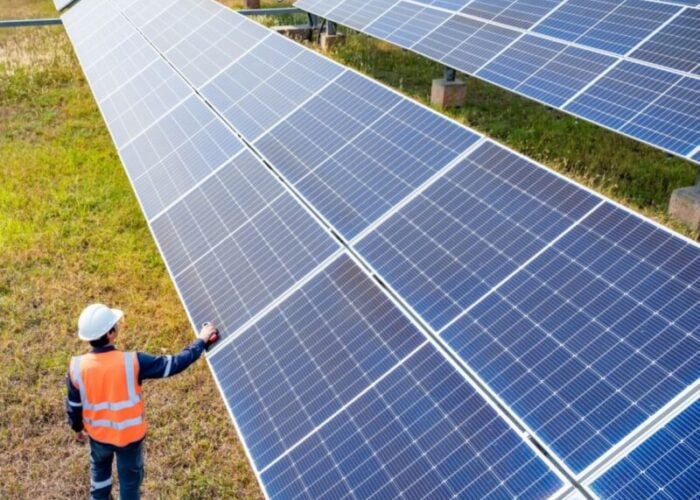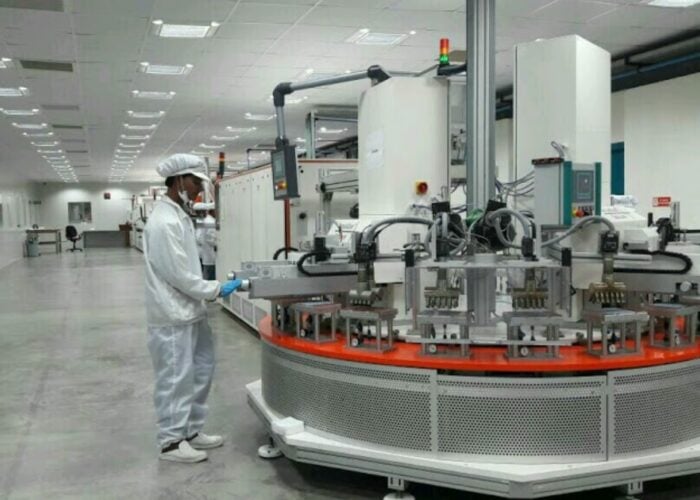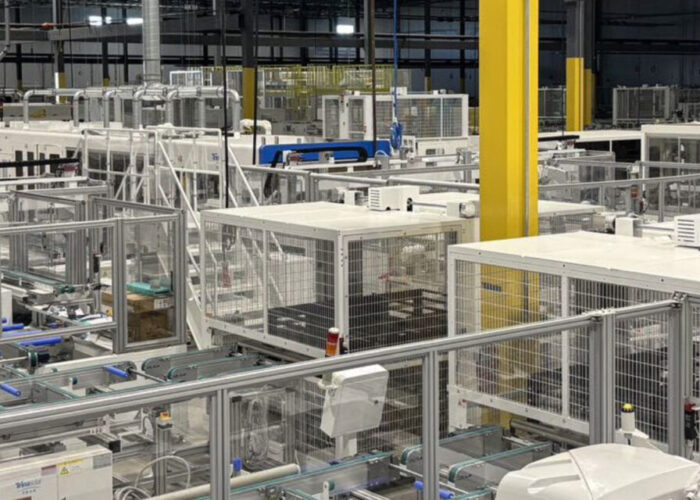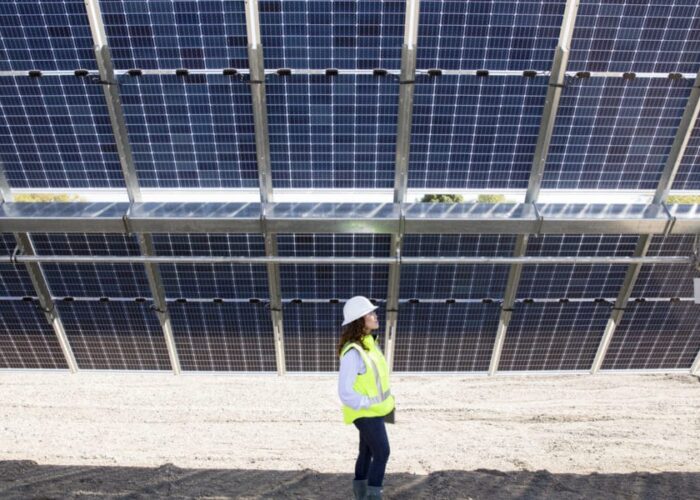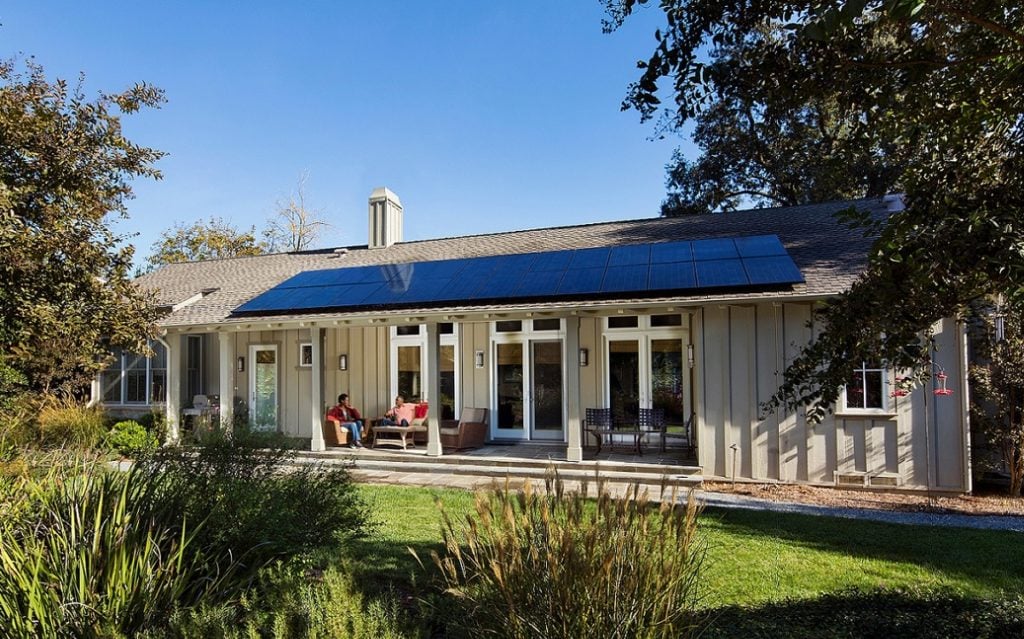
Class action lawsuits have been filed against US domestic solar company SunPower, amidst allegations that company misled investors by failing to disclose that it had inaccurately reported the cost of revenue and inventory metrics.
The solar company revealed an internal control problem on 24 October, saying that “in connection with the preparation of the financial statements, the company preliminarily determined that the value of consignment inventory of microinverter components at certain third-party locations had been overstated in the range of approximately US$16-US$20 million”.
Unlock unlimited access for 12 whole months of distinctive global analysis
Photovoltaics International is now included.
- Regular insight and analysis of the industry’s biggest developments
- In-depth interviews with the industry’s leading figures
- Unlimited digital access to the PV Tech Power journal catalogue
- Unlimited digital access to the Photovoltaics International journal catalogue
- Access to more than 1,000 technical papers
- Discounts on Solar Media’s portfolio of events, in-person and virtual
SunPower admitted to a material weakness in the company’s internal control over financial reporting. The company is also negotiating the terms and conditions of a consent and waiver to address the effects of the upcoming restatement under the company’s credit agreement with Bank of America.
According to a statement published by law firm Bragar Eagel & Squire, SunPower would be restating certain previously issued financial statements for fiscal year 2022 and the first two quarters of 2023.
SunPower had a net loss of US$30 million and total losses before inflation, taxes, depreciation and amortisation of US$3 million in Q2 2023.
In its latest announcement of the Q3 preliminary financial results, SunPower’s net loss increased to US$32 million, and reduced its 2023 guidance for net loss to the range of US$165 million and US$175 million.
SunPower CEO Peter Faricy said the reduced guidance was due to lower-than-expected consumer demand as well as delayed revenue recognition from longer cycle times.
“While the industry-wide softness continued into the third quarter, we saw positive signs in September and early October, including our highest-ever month for storage sales, strong growth in SunPower Financial, and improvement in consumer demand,” he added.

